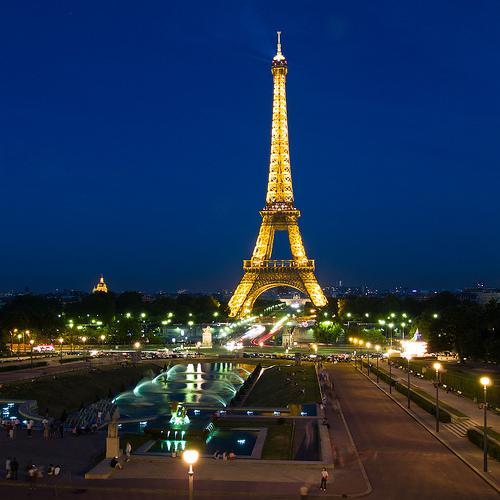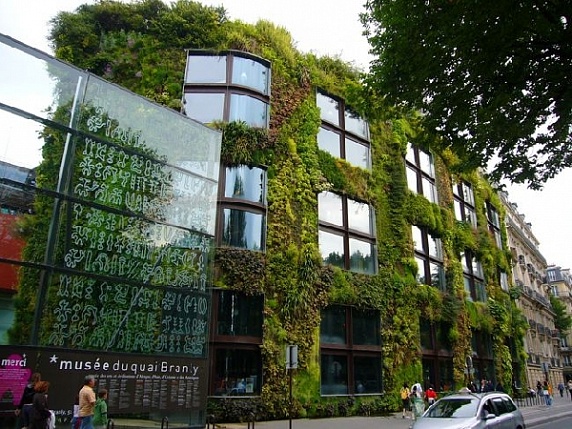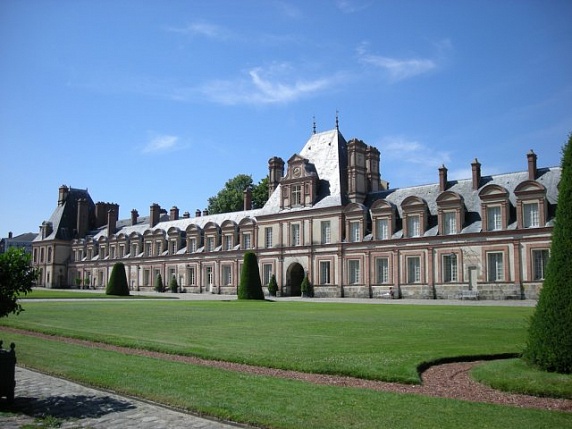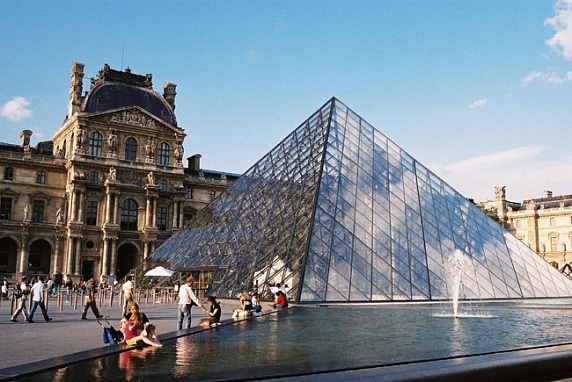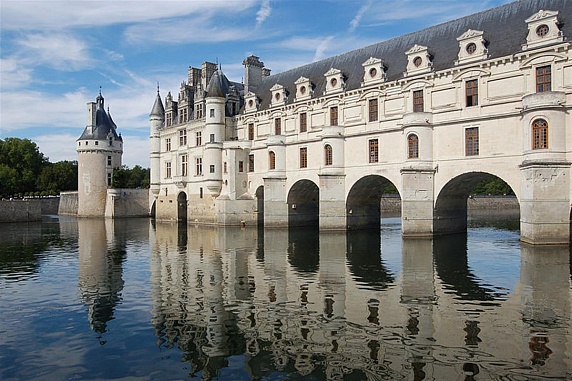 Французская Республика
Французская Республика
Article by Director of Foreign Ministry’s Foreign Policy Planning Department Alexey Drobinin, January 26, 2024
Neocolonialism and our efforts to fight it
Ever since the collapse of the Soviet Union and the socialist commonwealth, the reconfigured global economic system has been marred by extremely uneven development between countries and regions. One of the main reasons for this situation is that the collective West has sought to – and has been able to – redistribute the resources of the rest of the world in its own favour, using a variety of political, economic and military tools to achieve this.
At the present stage, the Western minority is led by the United States, where government policy combines protectionism with free cross-border movement of Western capital, goods and services, which they impose on emerging economies. At the same time, the Americans always have tools such as sanctions, provocations and proxy wars to thwart competition. The Obama administration actually made the sanctions “cudgel” a favourite lever of American foreign policy. Joe Biden went even further to wage a Western-led war against Russia, using the Ukrainians to do the fighting for him.
The United Kingdom has always believed it enjoys impunity and has a licence to do whatever it pleases, its former colonial practices almost a matter of national pride. Continental Europeans, including France, have been using sophisticated techniques to interfere in the affairs of former colonies; this is meeting with growing resistance, as we can see in West and Central Africa.
In short, the Anglo-Saxons and other Western nations continue their well-worn practices such as plundering other countries. Only today, they wrap it up in slogans hailing freedom, democracy and progress. This is modern neocolonialism.
The tangible consequences of their policies include dangerous distortions in the global economy and imbalances in the global distribution of labour and income. Attempts are being made to resolve the problems caused by their neocolonial practices by manipulating energy, food, financial and other markets. Here are a few examples from different areas.
Healthcare. During the Covid-19 pandemic, the distribution of vaccines through the COVAX Facility caused shortages in underdeveloped countries. At the same time, under pressure from the United States and the European Union, the WHO artificially delayed the certification of the Russian vaccine, Sputnik.
Food security. According to the UN, , only 3 percent of the roughly 33 million tonnes of cargo actually reached the African countries suffering the greatest need – Djibouti, Somalia, Libya, and Ethiopia. In addition, Africans were denied almost any access to Russian fertiliser.
In the financial and economic area, neocolonialist practices boil down to the freezing of public and private assets in Western jurisdictions for geopolitical reasons. In all probability, next, new neocolonialists will confiscate these funds and transfer them to a third party.
The US-controlled IMF agencies do not even hesitate to violate the rules of their own Charter just to avoid giving Russia and Belarus dollars in exchange for special drawing rights. Against this background, the almost boundless allocations to the Kiev regime look surreal. They exceed all the country limits and Kiev is hardly likely to pay them back.
The rich Western countries are avoiding their commitments (for instance, on granting $100 billion to the needy countries every year to help them adapt to climate change) but easily find much bigger sums to fund the Vladimir Zelensky regime.
Crimes against whole nations are a historical tradition for the Euro-Atlantic military-political elites. According to the most modest estimates, the United States alone has tried to influence the domestic policy of at least in 150 countries since the 19th century. Out of the current 193 UN member-countries, only 22 states have never been subjected to armed attack by Britain.
The patterns of behaviour propagated by the collective West are an inalienable part of neocolonialism. Deviant sexual orientations, denying human nature and other tricks are used to destroy traditional spiritual and moral values.
The imposition of destructive ideas is carried out with tenacity and resourcefulness worthy of better use. For example, when signing the partnership agreement (a trade document for the most part) in November 2023, the EU demanded that its partners from the Organisation of African, Caribbean and Pacific States should follow in its wake and legalise abortions and the LGBT agenda, introduce universal sexual education and adopt other ideological concepts of modern Europe. The attempt by several Jamaica-led Caribbean countries to at least postpone the signing of this document threatened that country with a loss of vital external funding for its socio-economic programmes.
The United States and the European Union sign any trade and economic agreements only on their own, exclusive terms. Incidentally, such terms underlay the EU-Ukraine Association Agreement. The Yanukovych Government’s delay in signing it triggered the state coup in Kiev in 2014.
These examples of neocolonialist practices are not exhaustive but they are sufficient to conclude that the collective West does not have the moral right to lecture anyone.
The international-political discussion on the problems of inequality in the international community has been going on for a long time. At one time, it was the Soviet Union that set the tune on this, making a decisive contribution to restoring justice. Thanks to the efforts of the USSR, in 1960, the UN adopted the landmark Declaration on the Granting of Independence to Colonial Countries and Peoples, which had a tremendous impact – over 80 former colonies with a total population of 750 million gained independence.
However, the world’s balance and equality were not restored in full measure. Having given up the forceful draining away of resources from colonies, their former parent states went over to non-violent exploitation of the formally independent countries, thereby preserving global inequality.
One of the most striking examples of the unequal distribution of income is the coffee market. Ugandan President Yoweri Museveni pointed out during the second Russia-Africa Summit in 2023 that, with the global coffee market valued at $460 billion, Africa's revenues are less than $2.5 billion, even though it is the largest producer of coffee. At the same time, Germany alone, which buys raw coffee beans around the world, makes $6.8 billion per year from its processing and marketing.
In the financial and economic area, neocolonialist practices boil down to the freezing of public and private assets in Western jurisdictions for geopolitical reasons. In all probability, next, new neocolonialists will confiscate these funds and transfer them to a third party.
The US-controlled IMF agencies do not even hesitate to violate the rules of their own Charter just to avoid giving Russia and Belarus dollars in exchange for special drawing rights. Against this background, the almost boundless allocations to the Kiev regime look surreal. They exceed all the country limits and Kiev is hardly likely to pay them back.
The rich Western countries are avoiding their commitments (for instance, on granting $100 billion to the needy countries every year to help them adapt to climate change) but easily find much bigger sums to fund the Vladimir Zelensky regime.
Crimes against whole nations are a historical tradition for the Euro-Atlantic military-political elites. According to the most modest estimates, the United States alone has tried to influence the domestic policy of at least in 150 countries since the 19th century. Out of the current 193 UN member-countries, only 22 states have never been subjected to armed attack by Britain.
The patterns of behaviour propagated by the collective West are an inalienable part of neocolonialism. Deviant sexual orientations, denying human nature and other tricks are used to destroy traditional spiritual and moral values.
The imposition of destructive ideas is carried out with tenacity and resourcefulness worthy of better use. For example, when signing the partnership agreement (a trade document for the most part) in November 2023, the EU demanded that its partners from the Organisation of African, Caribbean and Pacific States should follow in its wake and legalise abortions and the LGBT agenda, introduce universal sexual education and adopt other ideological concepts of modern Europe. The attempt by several Jamaica-led Caribbean countries to at least postpone the signing of this document threatened that country with a loss of vital external funding for its socio-economic programmes.
The United States and the European Union sign any trade and economic agreements only on their own, exclusive terms. Incidentally, such terms underlay the EU-Ukraine Association Agreement. The Yanukovych Government’s delay in signing it triggered the state coup in Kiev in 2014.
These examples of neocolonialist practices are not exhaustive but they are sufficient to conclude that the collective West does not have the moral right to lecture anyone.
The international-political discussion on the problems of inequality in the international community has been going on for a long time. At one time, it was the Soviet Union that set the tune on this, making a decisive contribution to restoring justice. Thanks to the efforts of the USSR, in 1960, the UN adopted the landmark Declaration on the Granting of Independence to Colonial Countries and Peoples, which had a tremendous impact – over 80 former colonies with a total population of 750 million gained independence.
However, the world’s balance and equality were not restored in full measure. Having given up the forceful draining away of resources from colonies, their former parent states went over to non-violent exploitation of the formally independent countries, thereby preserving global inequality.
Today, more and more states are openly opposing the unfair policy of Washington, its satellites and Western-controlled international organisations. There are more and more examples of successful interstate cooperation outside Western-centric organisations and entities. BRICS and the SCO are becoming stronger, the Non-Aligned Movement has received a new lease of life, and the Group of Friends in Defence of the Charter of the United Nations has been established at the UN.
Much remains to be done before the neo-colonial fetters are cast off. It is necessary to work out a common approach towards defining neocolonialism. Countries have their own ideas about how to combat neocolonialism, depending on historical experience and contemporary realities. The West is trying to discredit the processes of sovereignisation as archaic and revisionist.
The Forum for the Freedom of Nations to be held in Moscow, involving advocates of the fight against new manifestations of colonialism, is meant to play an important role in launching an international discussion on all aspects of this topical issue. The Forum’s constitutive meeting is set for February of this year.
In conclusion, I would like to quote from the remarks by President of Russia Vladimir Putin at the World Russian People’s Council: “We are now fighting not just for Russia's freedom but for the freedom of the whole world.” Efforts to debunk and bring down neocolonialism are becoming Russia’s contribution to the struggle for justice, alongside the special military operation.








